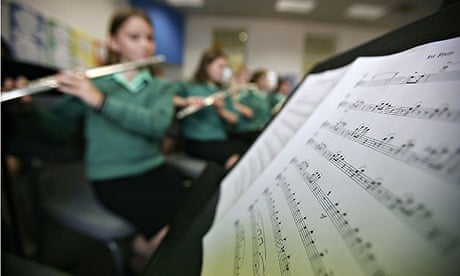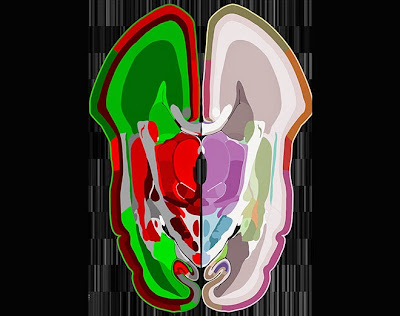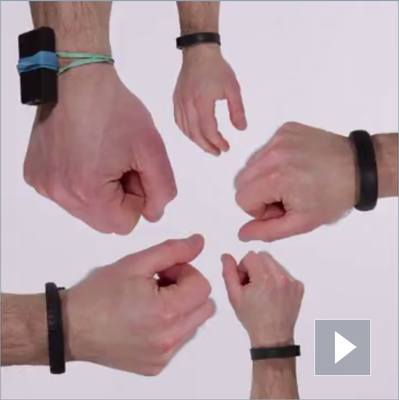Seminar Papers
When we watch a movie, our brains activate immediately in a similar way to brains of other people.
Researchers at Aalto university in Finland have succeeded in developing a method fast enough to observe immediate changes in the function of the brain even when watching a movie.
(image courtesy of sciencedaily.com)
Read more: http://www.sciencedaily.com/releases/2014/04/140407090615.htm
Original journal paper here: http://bit.ly/1sw0v34
Scientist at Allen Institute for Brain Science in Seattle reported the most precise maps of the human fatal brain based on gene activity. More detailed information can be found at the following link:
http://www.wired.com/2014/04/scientists-map-developing-human-brain/#disqus_thread
We have already known the importance of the sleep. In addition to our background knowledge, there is some scientific evidence.
According to the paper published in journal of neuroscience, the mice which the sleep is deprived has less brain cell.
Even though this result is from the mice, human can have similar phenomenon. Moreover, the mental disorder or mood depression will be able to be studied with sleep deprival.
If you interested in this news, please click the following link or figure.
Read more: http://www.bbc.com/news/health-26630647

Many people wonder the relation between IQ and brain. There are some evidence which can explain the link between IQ and brain cortex.
To jump to the conclusion, the thickness of brain cortex is associated with the IQ. The more the thickness of cortex, the higher IQ is.
If you interested in this article, please click the following link or click the figure :-)
Read more: https://reporter.mcgill.ca/new-evidence-confirms-link-between-iq-and-brain-cortex/
What is the definition of the beauty? The neuroscientist have found that the mathematician’s brain which is involved to feel the beauty activates to the fascinated equation such as Euler’s formula. This activated region is A1 field of the medial orbitofrontal cortex. Orbitofrontal cortex is known for playing a role of response to visual and musical beauty.
If you interested in this news, please click the following link.
Read More: http://www.nature.com/news/equations-are-art-inside-a-mathematician-s-brain-1.14825
Could we communicate without language? It is probably yes.
Recent research showed that brain’s language regions (i.e., syntactic) were activated when jazz musician improvise with another musician. Interestingly, however, brain regions related with semantic were deactivate during the improvisation. Based on these results, author said that “Semantics has more to do with the meaning of words. So, if music has semantics, it’s not processed in the way that is traditionally used for language.”
If you want to get more detail information, please visit the below link.

There is a book named ‘Men are from Mars and women are from Venus’.
The neuroscientist have revealed that this theory doesn’t have any scientific evidence to prove differences between men and women. The neuroscience expert Gina Rippon, a professor at the ashton University in Birmingham, Britain, said that our brain is changed by the social role which makes us play as the one of the social society. Additionally, as the brain is muscle, it can be exercised in accordance with duty which is required to do.
If you are interested in this news, Please click the link or picture.
Read more: http://www.india.com/whatever/whats-best-a-mans-brain-or-a-womans-brain-21107/

In these days, To prepare the fast-paced word or our own future life, many children are needed some ability such as intelligence ability, language skills and so on. The researchers have revealed that the children who learned the music under the 7-year-old can learn other languages easier than those who did not learn the music. This means that the music training can make our language ability more powerful. Under the evolutionary evidence and scientific evidence, the reason why the neural networks involved with the language and music can be explained.
If you are interested in this news, please click the following link.
Read More: http://www.theguardian.com/education/2014/feb/27/musicians-better-language-learners
A lot of people do the brain games such as the sudoku, cross-word puzzles and so on for improving their brain ability.
Brain games can make us do the games well by finding the number or words over and over again. That is, these games can improve our specific brain functions which can be trained. However these games cannot make other key ability( for example decision making, planning, judging) be powerful.
Then, how can we make our brain power boost? In this news, some tips are written.
Tip 1. Eliminate multitasking
Tip 2. Get away from the technology –just only for 30 minutes
Tip 3. Stop the rote thinking and Do the inspired thinking
If you are interested in this article, please click the following link :-)
Link: http://www.huffingtonpost.com/sandra-bond-chapman/do-brain-games-really-boo_b_4859468.html





